

Taxes Explained for Content Creators: What Every UK Creator Should Know About HMRC
If you earn money online through YouTube, TikTok, Instagram, podcasts, or brand collaborations, you might be wondering how taxes apply to you. Content creation has quickly become a serious business, and HMRC is paying close attention.
Whether you’re earning a small side income or running content creation as your full-time career, you need to understand how tax works. In this blog, we’ll explain tax for content creators, what income counts as taxable, the expenses you can claim, the deadlines you need to meet, and upcoming changes to be aware of.
1. Do You Need to Pay Tax on Content Creation Income?
The short answer is yes. If you earn over £1,000 in a tax year from content creation, you must report it to HMRC. This is known as the trading allowance. If your income is below £1,000, you don’t need to declare it. But once you pass that threshold, you must register for Self Assessment.
It doesn’t matter if the money comes from ad revenue, brand deals, or even free products sent to you in exchange for content. HMRC treats all of this as income, and it falls under taxes content creation rules.
2. Registering and Deadlines
If your content income passes the £1,000 allowance, you need to:
Register for Self Assessment by 5 October following the tax year you earned the income.
File your tax return and pay any tax owed by 31 January after the tax year ends.
For example: If you earned more than £1,000 from content in the 2024/25 tax year (ending 5 April 2025), you need to register by 5 October 2025 and submit and pay by 31 January 2026.
Missing these deadlines comes with automatic penalties, starting at £100, and increasing the longer you delay.
3. What Counts as Taxable Income?
For content creators, taxable income comes in many forms. HMRC considers the following as income:
Advertising revenue from YouTube, TikTok, or similar platforms.
Brand collaborations and sponsorships.
Affiliate commissions.
Subscriptions, tips, or donations from platforms like Patreon or Ko-fi.
Merchandise or digital product sales.
Free products or gifts, these are taxable at their fair market value if you receive them in return for creating content.
In short, if it has a monetary value and is connected to your content, HMRC expects you to include it in your tax return.
4. What Expenses Can You Claim?
The good news is you can reduce your taxable income by claiming allowable business expenses. This is a key part of managing tax for content creators, because it ensures you only pay tax on your actual profit.
Common expenses include:
Equipment: cameras, microphones, lighting, computers.
Software and subscriptions: editing tools, Canva, scheduling apps.
Home office costs: a portion of rent, electricity, heating, and internet if you work from home.
Marketing: paid ads, website costs, hosting, domains.
Travel: transport to events, filming locations, or brand meetings.
Be careful to only claim the proportion of expenses that genuinely relate to your business. Personal costs don’t qualify, and things like client entertaining are not deductible.
5. Record Keeping
HMRC expects you to keep accurate records of your income and expenses. This includes invoices, receipts, contracts, and even records of gifts you’ve received in exchange for content.
Digital bookkeeping software can make this much easier, especially with changes coming under Making Tax Digital (MTD). While MTD for Self Assessment (ITSA) doesn’t begin until April 2026, it’s worth getting set up now. Under MTD, you’ll need to submit quarterly digital updates instead of a single annual return.
6. What Happens If You Don’t Declare?
Failing to declare your income can lead to:
Fines: starting at £100 for late returns.
Daily penalties: if you continue to delay.
Interest charges: on unpaid tax.
Investigations: HMRC now receives data directly from digital platforms, so undeclared income is easier to spot than ever before.
Even if you’ve only received products rather than cash, failing to report this can still trigger questions from HMRC.
7. Future Changes for Content Creators
Looking ahead, HMRC is considering increasing the trading allowance threshold from £1,000 to £3,000, which would give smaller creators more breathing space. There are also plans to roll out a simplified online reporting system for side-hustle income by 2029.
But for now, the rules are clear: anything above £1,000 must be declared under taxes content creation requirements, and from 2026 you’ll need to submit digital quarterly returns under MTD for ITSA.
Content creation is an exciting way to make a living, but it comes with tax responsibilities just like any other business. By staying on top of your income, registering on time, keeping clean records, and claiming allowable expenses, you’ll avoid unwanted penalties and make sure you’re paying the right amount of tax.
The key takeaway is this: treat your content creation income like a business, even if it starts as a side project. Once you pass that £1,000 allowance, you fall under HMRC’s radar, and the sooner you set up good habits, the smoother things will be as your content career grows.

FREE DOWNLOADS
A-Z of allowable business expenses
Download your A-Z guide of allowable business expenses.
Financial Housekeeping For Your Small Business
Download your guide to Financial Housekeeping For Your Small Business - ideal for start ups and early stage businesses
How to Scale Up your Business: Tips and Strategies for Success
Download your guide to How to Scale up your Business - ideal for slightly more established businesses that want to grow and scale their business
Don't want the guide?
But do want our regular email filled with tips and insights into business and how to maximise profit and grow your business?
Click here

Ready to take the stress out of finance?

Not quite ready to commit to a long term contract ? Book a value packed Power Hour for now at £180 Inclusive of VAT.
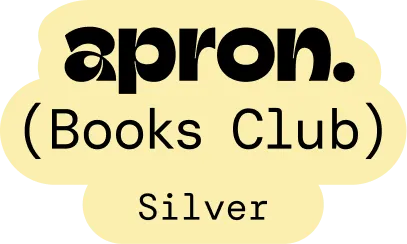
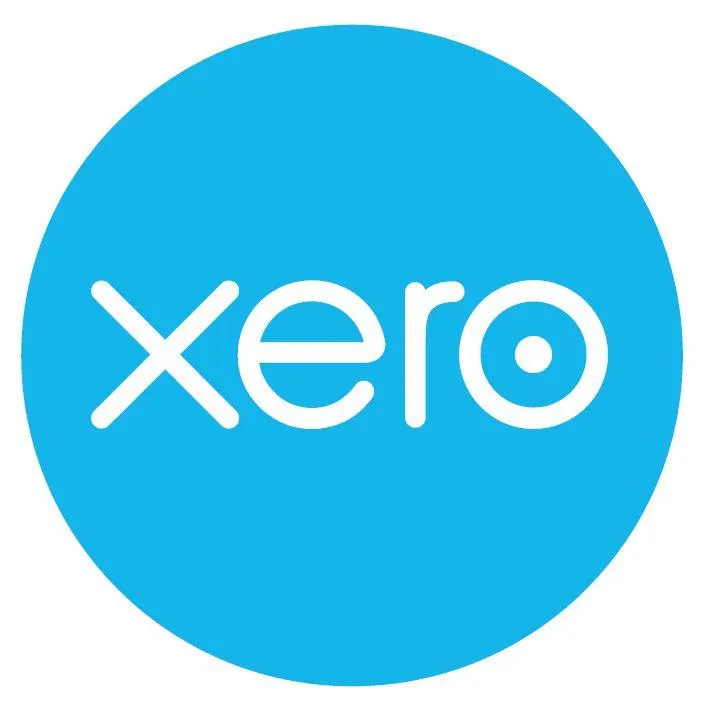

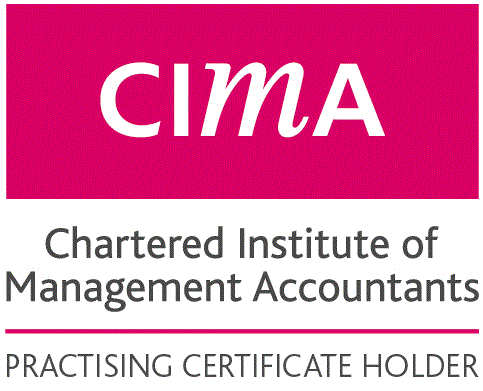
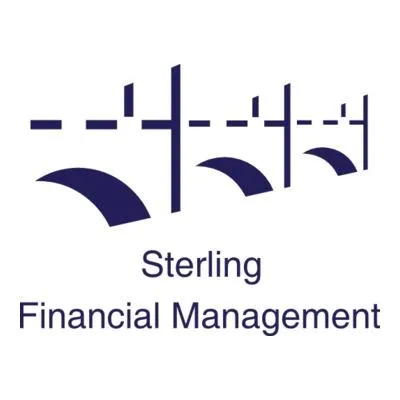
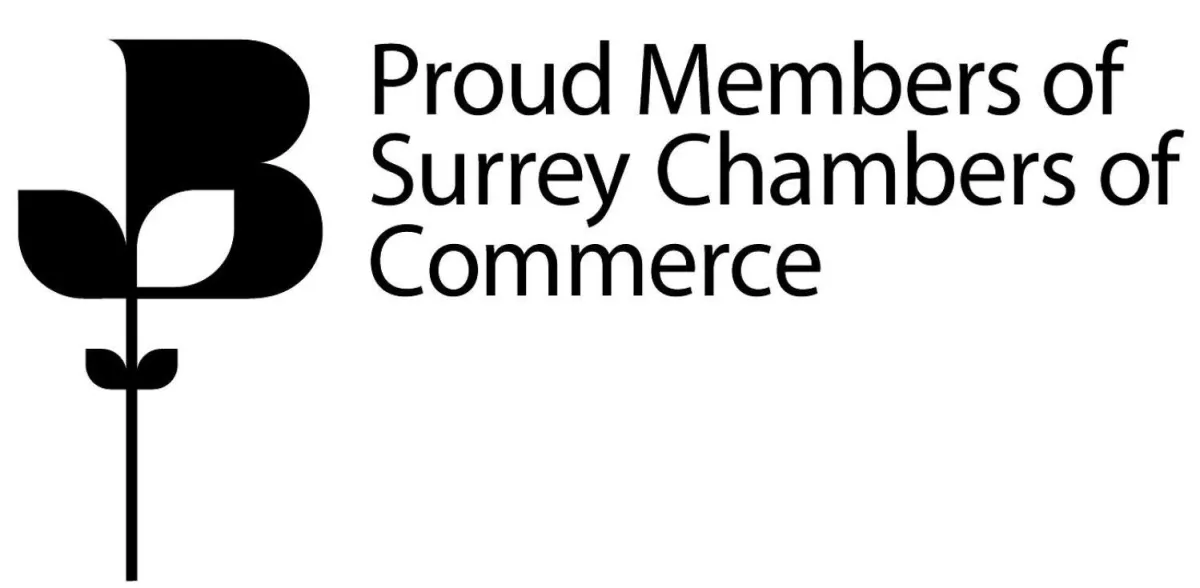
© 2023 All Rights Reserved | Sterling Financial Management Reg No 9780783,
Accounting, Bookkeeping and Business Advisory in Dorking Surrey RH4 2JF